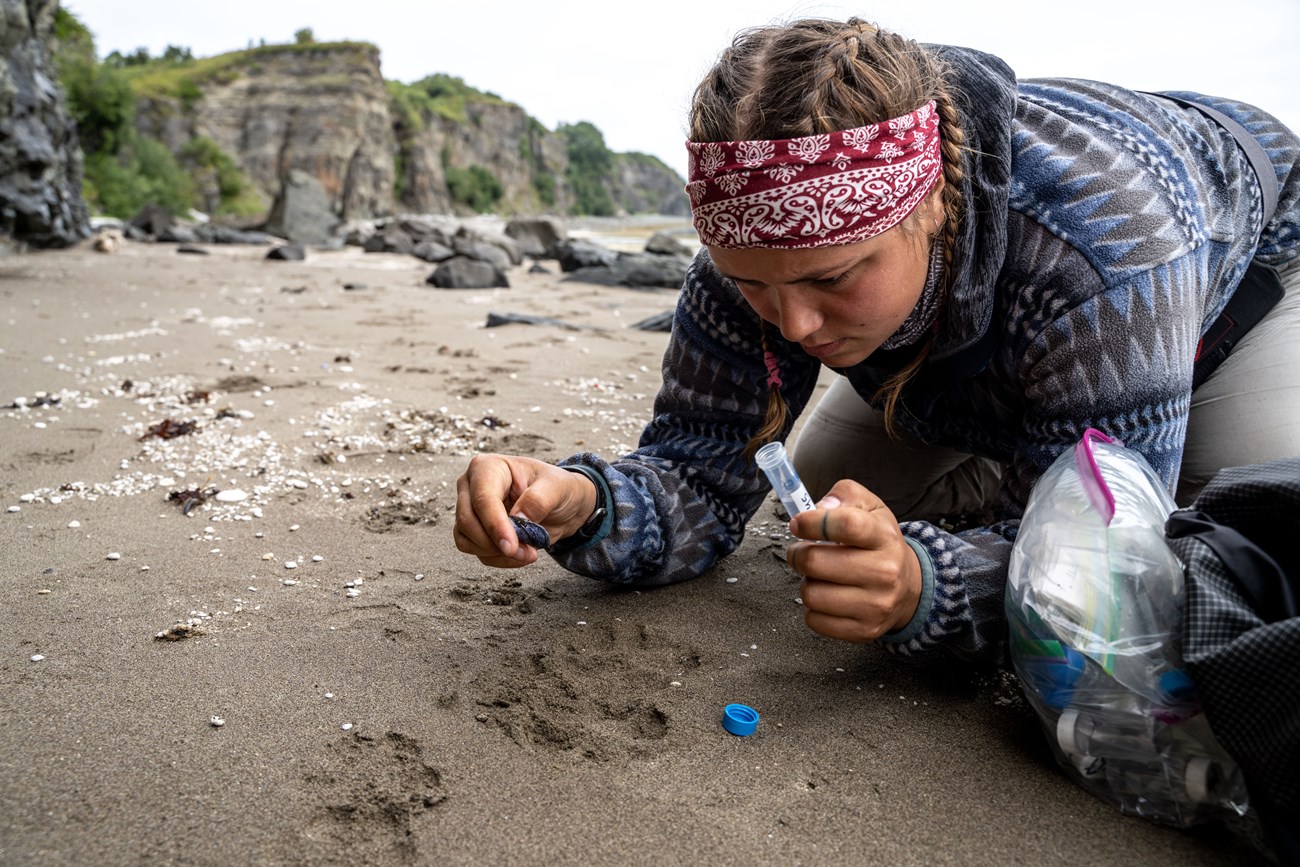
First things first: all research conducted in national parks requires a research permit.
This requirement brings many benefits, including:
- Ensuring research activities are consistent with our mission and management policies.
- Helping resource managers and other stakeholders build a scientific understanding of parks and how to preserve them.
- Connecting you with park managers, communicators, and other experts who can help make your project a success.
How do I apply for a permit?
The Research Permit and Reporting System (RPRS) is your one-stop shop to apply for, manage, and report on research permits. You'll also find information about park-specific research needs, other researchers, and other projects.
Most research activities require a Scientific Research and Collecting Permit. Cultural research—involving archeology, ethnography, history, cultural museum objects, cultural landscapes, or (pre)historic structures—may require additional procedures. Other types of research may also require additional procedures.
Helpful links and tips:
-
Read Research and Collecting Permit Overview for a comprehensive introduction.
-
For guidance on archeology research and permits, visit the NPS Archeology Guide.
- For research proposals involving surveys of the public, visit the NPS Social Science Information Collection.
- Interested in working with park interpreters to communicate your science? We encourage that! State this in your permit application and ask to be put in touch with relevant staff.
We’re here to help.
Reach out to RLC staff to learn more about permits, get insights or advice on your study plans, clarify rules and regulations, and explore science communication options.
Last updated: October 11, 2024
